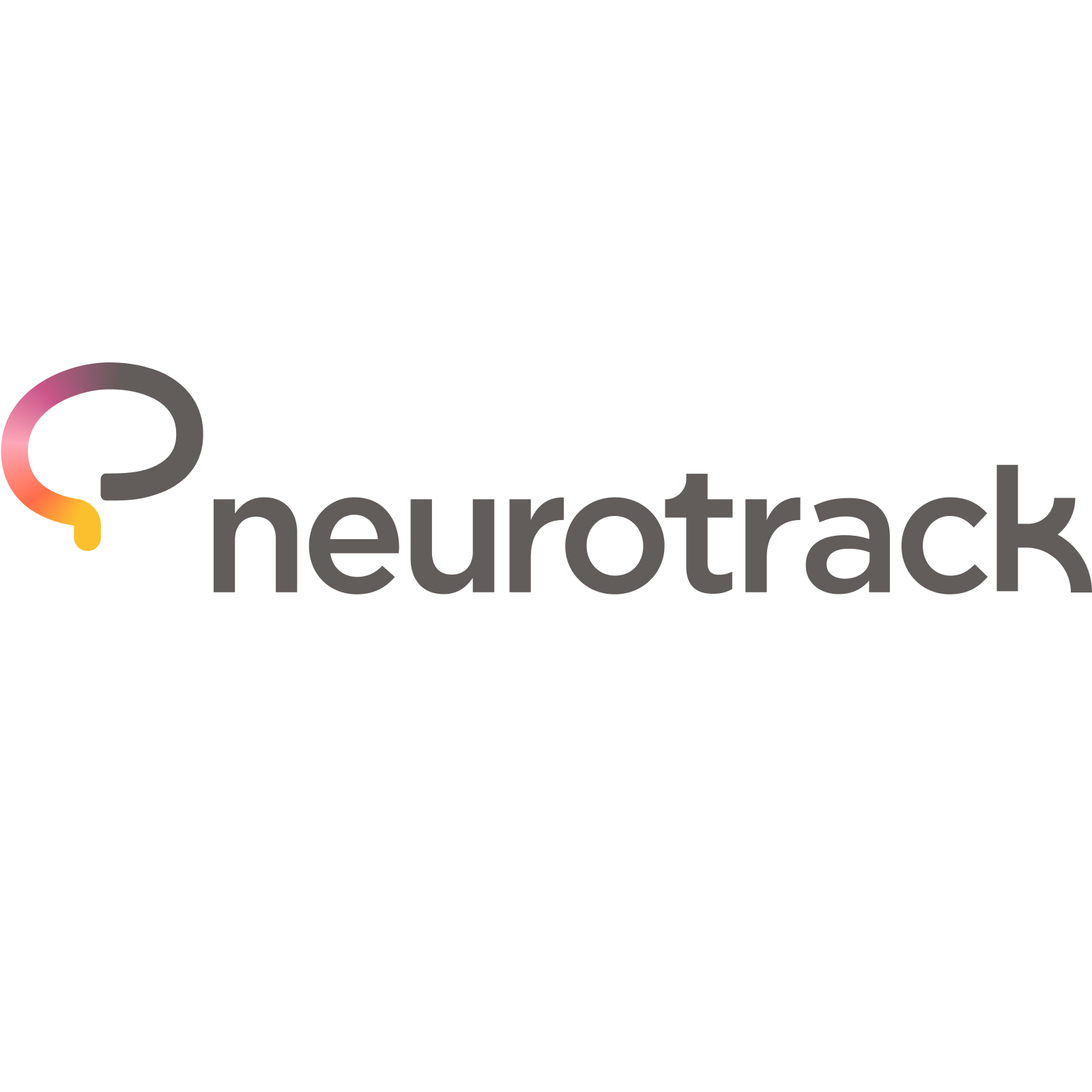Why Your Brain Needs Sleep
Getting good sleep is very important for your brain, now and in the future. Sleep helps your brain in these ways:
Memory: Each day, you learn new things and meet new people. During sleep—especially deep sleep—your brain decides which memories to keep. It moves them from short-term to long-term storage. When you don’t sleep enough, it disrupts this process, and it’s harder to remember later.
Brain cleaning: There is a sticky protein called beta-amyloid that is linked to Alzheimer’s disease. While you sleep, your brain’s cleaning system clears out this protein and other waste. Even one night without sleep can make beta-amyloid levels go up.
Thinking skills: Sleep helps you think clearly, focus, make choices, and do more than one task. Getting fewer than 7 hours a night can make these skills worse. Better sleep habits can also lower your risk of problems with thinking and memory later in life.
Mood: Trouble sleeping (insomnia) and depression are closely connected. Not sleeping enough can cause depression symptoms or make them worse. Keeping a steady sleep schedule may lower your risk of depression. Depression and dementia are also linked, so good sleep matters.
Body health: Not sleeping enough can raise blood pressure, speed up your heartbeat, and increase stress and thyroid hormones. It is also linked to obesity and diabetes. These health problems can raise the risk of thinking and memory problems.
If sleep is hard for you, you are not alone. Small changes can make a big difference. Sleep experts suggest using “sleep hygiene.” That means you should adopt healthy sleep habits like these:
- Make your sleep space calm: dark, quiet, and cool.
- Avoid phones, tablets, and TV for at least one hour before bed.
- Wake up at the same time every day, even on weekends. A regular schedule can improve your sleep and protect your brain from the harm caused by sleep loss.
References:
- Pathmanathan J, Westover MB, Sudhir Sivakumaran, Donoghue J, Puryear CB. The role of sleep in Alzheimer’s disease: a mini review. Frontiers in Neuroscience. 2025;19. https://doi.org/10.3389/fnins.2025.1428733
- Zoltan Ungvari, Fekete M, Lehoczki A, et al. Sleep disorders increase the risk of dementia, Alzheimer’s disease, and cognitive decline: a meta-analysis. GeroScience. Published online April 11, 2025. https://doi.org/10.1007/s11357-025-01637-2
- Mayo Clinic. “Alzheimer’s Disease: What Is Beta-Amyloid?” MayoClinic.org, 2024, https://www.mayoclinic.org/diseases-conditions/alzheimers-disease/in-depth/alzheimers/art-20047832.
- Xiong Y, Tvedt J, Torbjörn Åkerstedt, Dorina Cadar, Wang HX. Impact of sleep duration and sleep disturbances on the incidence of dementia and Alzheimer’s disease: a 10-year follow-up study. Psychiatry Research. 2024;333:115760-115760. https://doi.org/10.1016/j.psychres.2024.115760
- Khan, M., & Al-Jahdali, H. The consequences of sleep deprivation on cognitive performance. Neurosciences. 2023; 28. https://doi.org/10.17712/nsj.2023.2.20220108.
- Golombek DA, Eyre H, Spiousas I, et al. Sleep Capital. Linking Brain Health to Wellbeing and Economic Productivity Across the Lifespan. American Journal of Geriatric Psychiatry. Published online July 1, 2024. https://doi.org/10.1016/j.jagp.2024.07.011


